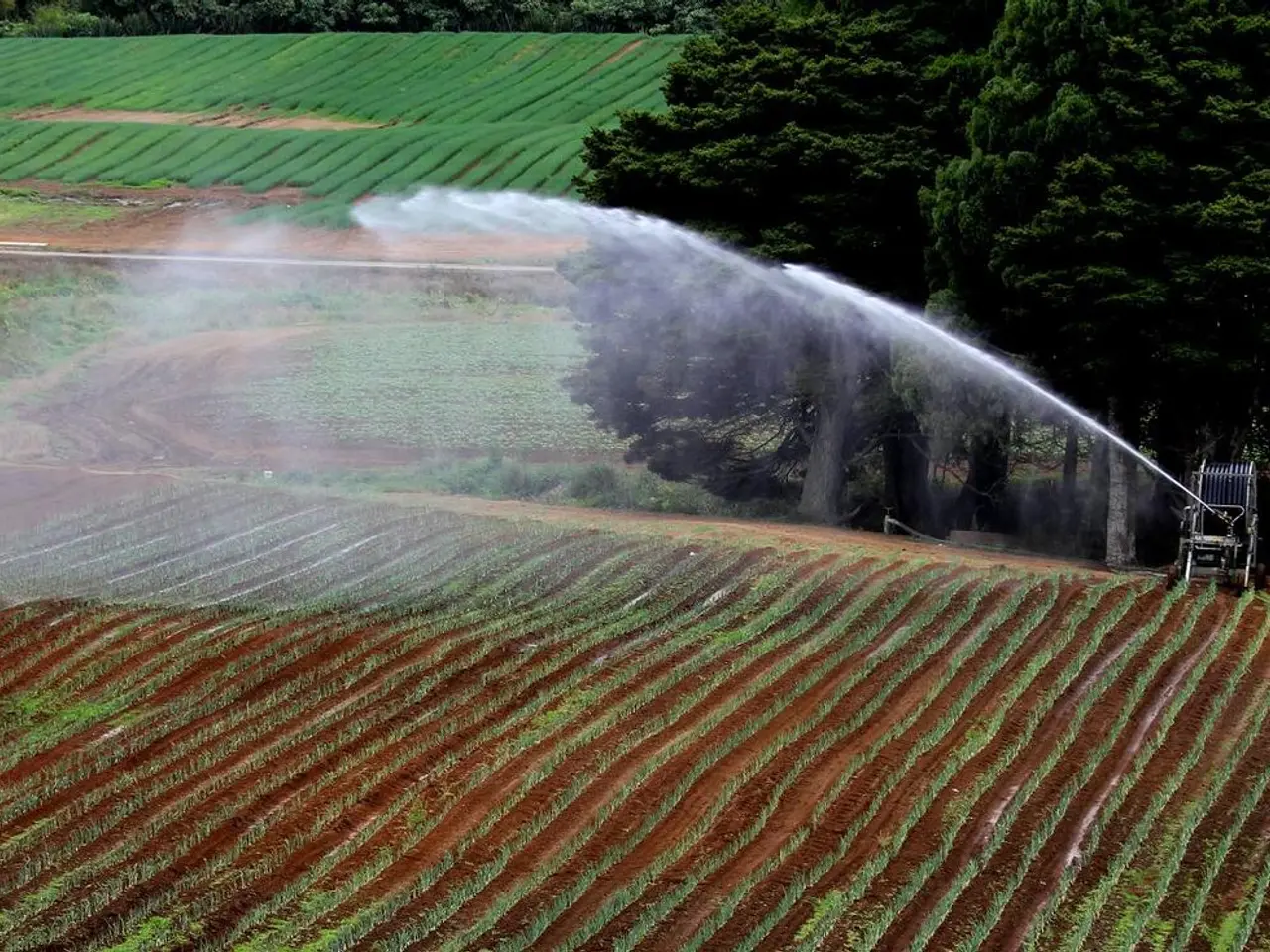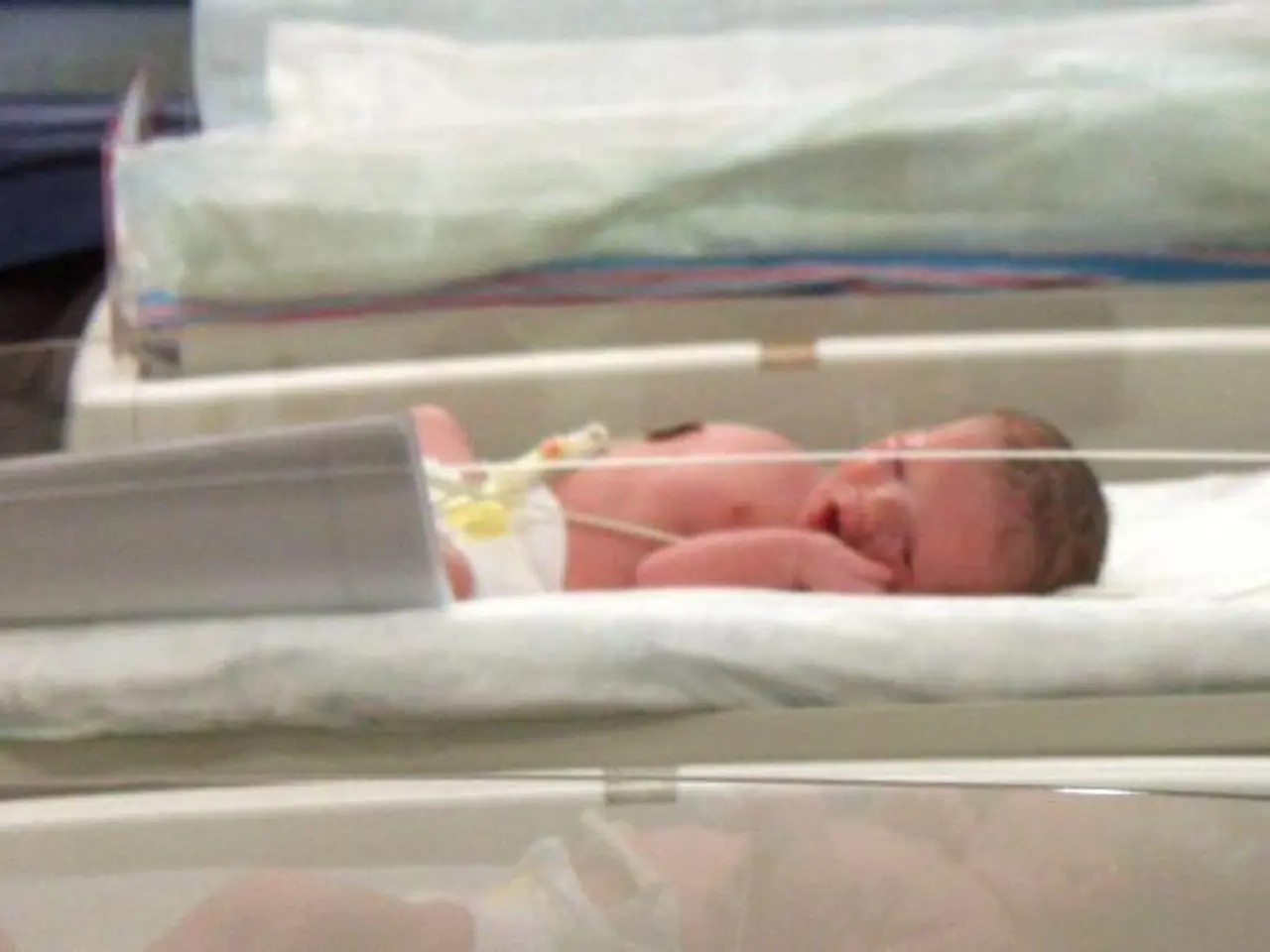Over 11,000 feddans in Assiut contaminated with sewage waste
## A Water Crisis in Egyptian Villages: Sewage Irrigation and Contamination
### The Situation in Villages 34 and 37
In the Belqas region of Sharqiya, two villages - 34 and 37 - continue to face a pressing environmental and health crisis. Residents of these villages have been drinking and irrigating their crops with contaminated water, leading to a proliferation of insects, reptiles, and worms in the area [10].
The source of this contamination remains unclear, but it has been reported that sewage water is being directly dumped into the Meer canal, a water source used for irrigation [6]. The vehicles responsible for this dumping are privately owned, according to Fekri Thabet, the head of the Qouseya local council [8].
Local residents have been voicing their concerns for years, but their complaints have gone unanswered [3]. Mohamed Abdel Qader, a resident of village 34, stated that insufficient funds prevent the purchase of necessary equipment such as 100 meters of pipe and machines worth LE400,000 [1].
### The Distinct Issues in Qouseya and the Villages
It's important to note that the water contamination issue in villages 34 and 37 is distinct from the crops irrigation issue in the Qouseya region of Assiut, where 11,000 feddans of vegetables and fruits are being irrigated with sewage water [9]. In Qouseya, the vehicles dumping sewage into the canal are privately owned, while the source of sewage contamination in villages 34 and 37 remains unspecified [6, 8].
### The Role of Local Authorities and the Egyptian Government
The Egyptian government, under the leadership of President El-Sisi, has been actively working on improving water and sewage treatment infrastructure, particularly in rural areas [2]. The government is the primary entity overseeing these projects, with local councils and municipalities responsible for implementing and managing them at the village level [1].
However, in the case of the sanitary drainage project serving villages 34 and 37, it has been on hold for eight years [4]. Abdel Aziz Hareedi, the first deputy minister of Agriculture in the governorate, has stated that it is the responsibility of the local council to implement the minister's decision to eliminate the irrigation of crops with sewage water [7].
### The Need for Action
Despite repeated complaints from farmers like Gamal Thabet and Mohamed Ahmed, no specific action has been mentioned as being taken to address the issues of water contamination in villages 34 and 37 or the crops being irrigated with sewage water in the Qouseya region [5, 11].
In the face of these challenges, it is crucial for continuous investment in treatment facilities and decentralized systems to ensure the elimination of sewage water irrigation and the improvement of water quality in these rural areas.
- The contamination issue in Egyptian villages 34 and 37, with residents drinking and irrigating their crops with polluted water, potentially exacerbating health problems such as skin conditions and medical-conditions stemming from the consumption of contaminated water.
- Given the Egyptian government's focus on improving water and sewage treatment infrastructure, particularly in rural areas, it is questionable why the sanitary drainage project for villages 34 and 37 remains on hold for eight years, contributing to the environmental-science consequences and health-and-wellness concerns in these areas.
- As the situation in villages 34 and 37 reflects a significant cultural misstep, it is essential for the Egyptian government to prioritize decentralized systems for the treatment of sewage and water, promoting a healthier environment, and ultimately, a more sustainable future for the local community and their crops.




